Vitamin “B” Function and Diseases cause
Vitamin ‘B’
Vitamin B function or vitamin B complex, a class of water-soluble vitamins that play an important role in cell metabolism. Although these vitamins can be shared under the same name, they are chemically distinct compounds that are often found in the same foods. In general, eight dietary supplements are referred to as vitamin B complex.
Individual B vitamin supplements are specified by the specific number or name of each vitamin: B1 = thiamine, B2 = riboflavin, B3 = niacin, etc. More well known by name than some numbers: niacin, pantothenic acid, biotin, and folic acid.
Each B vitamin is essentially a cofactor (usually a coenzyme) for metabolic processes or a pre-requisite for its formation.
How was Vitamin “B” Function discovered?
 In 1947, Folkers and his team isolated vitamin B12 (Cobalamin) to form tiny, bright red crystals of the vitamin. The following year, this new compound was tested for a patient who was suffering from debilitating anemia that cured him. Scientists Folkers and his team discovered vitamin B in 1947
In 1947, Folkers and his team isolated vitamin B12 (Cobalamin) to form tiny, bright red crystals of the vitamin. The following year, this new compound was tested for a patient who was suffering from debilitating anemia that cured him. Scientists Folkers and his team discovered vitamin B in 1947
Why does the body need vitamin ‘B’?
We are all more or less familiar with Beriberi. And I also know that the disease is caused by the lack of vitamin B. However, there are several types of vitamin B function and many of them do not know that they are responsible for different diseases in the right way. Similarly, many people are not aware of the occurrence of vitamin-B-12 deficiency. But it is a very common physical problem.
Vitamin B-12 deficiency can occur in people of any age and gender. Studies have shown that this problem is more common in women aged 40-60 years. In many cases, vegetarians also have a deficiency of vitamin-B-12. An adult needs 2.4 micrograms of vitamin B-12 per day.
All the diseases occur due to a lack of vitamin ‘B’ Function.
Diseases caused by lack of vitamin B1 or ‘Thiamine’
• Infected with beriberi.
• Cardiovascular or heart disease.
• Shortness of breath, difficulty breathing.
• Feet sweat.
• Weight loss.
• Short time memory loss.
Diseases caused by lack of vitamin B2 or ‘Riboflavin’
• Infected with angular cheilitis, cracks in the corners of the mouth.
• Dry skin.
• Apart from winter, it means that the lips are cracked in any season.
• Lips turn red.
• Mouth ulcers.
• Inflammation inside the mouth, especially inflammation of the lining of the mouth.
• Inflammation of the tongue.
• Sore throat.
• Scrotal dermatitis.
• Iron deficiency anemia.
• Eye problems in bright light.
• Itchy eyes.
• Sometimes bleeding in the eyes.
Diseases caused by lack of vitamin B3 or ‘Niacin’
• Hair loss.
• Different types of skin diseases appear.
• Swelling of various parts of the skin.
• Swelling above or below the tongue.
• Suffering from insomnia.
• Having diarrhea.
• Weakness in various parts of the body.
• Suffering from mental indecision.
• Having various heart attacks.
• Dementia means loss of memory.
• Disorder in life.
Diseases caused by lack of vitamin B5 or ‘Pantothenic Acid’
• Short-term depression.
• Suffering from insomnia, waking up repeatedly.
• Suffering from depression occasionally for no reason.
• Occasional irritability in the mind.
• Sudden vomiting.
• Often feel abdominal pain.
• Burning of the feet.
• Respiratory infections.
Diseases due to lack of vitamin B6
• Getting sick often from an infection.
• Catch cracks in the skin of the corners of the face.
• Swelling or soreness of the tongue.
• Suffering from depression.
• Infection with paresthesias causes a kind of numbness in the hands and feet.
• Feeling frustrated at work, feeling a lot of tension in general trouble, and getting a little annoyed.
• The skin becomes oily, sometimes reddish in color, with rashes on various parts of the body, especially the face.
Diseases caused by lack of vitamin B6 or ‘Biotin’
• Premature hair loss.
• Red rash on the eyes, mouth, nose, and sometimes around the genitals.
• Dryness of the inside of the eye.
• Often cracks appear in the corners of the mouth.
• Loss of appetite and loss of appetite.
• Changing the color of the tongue, especially magenta.
• Falling into laziness, fatigue, and exhaustion.
• Suffering from lack of sleep or insomnia.
• Feeling numbness and tingling in the hands and feet.
Diseases due to lack of vitamin B9 or ‘Folate’
• Mild or severe fatigue.
• Swelling of the tongue, sometimes a slight sore inside the mouth.
• Hair becomes colorless or gray.
• Physical weakness, especially after hard work.
• Pale skin.
• Shortness of breath.
• The skin in different parts of the body becomes pale.
• The mood became irritable.
Diseases caused by lack of vitamin B12
• Occasionally numbness of hands and feet.
• Loss of tongue smoothness.
• Blow in the face.
• Feeling much more physically weak after normal work.
• Drowning in exhaustion.
• Sudden change of mood.
• Blurred vision.
• Having trouble breathing.
• Dizziness.
• Pale skin.
He learned about all the diseases that occur due to lack of vitamin B. All of these together are called vitamin B complex. Now your job is to get vitamin B complex in 10 foods, eat them regularly, and try to keep yourself naturally healthy all the time.
10 foods with vitamin B complex
Many of us do not know how much vitamin B the body needs every day? Also, many people do not know how much B vitamins in certain foods? This report is for those of us who don’t know. From here, we can all learn about 10 foods that contain vitamin B.
Beef liver and other meats
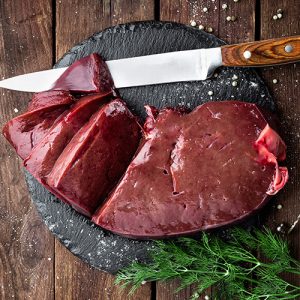 Cattle liver is one of the major sources of vitamin B. It contains almost all B vitamins from Vitamin B1 to B12. In fact, an 8-gram cow’s liver contains on average one day’s supply of vitamins B6, B9, and B12.
Cattle liver is one of the major sources of vitamin B. It contains almost all B vitamins from Vitamin B1 to B12. In fact, an 8-gram cow’s liver contains on average one day’s supply of vitamins B6, B9, and B12.
We know that Vitamin B9 helps to cure all types of birth defects. Vitamin B6 produces a lot of serotonin in the body which keeps us in the right mood and makes us sleep better. As a result, we can sleep with satisfaction. And Vitamin B12 helps in the formation of white blood cells in our body. And all these vitamins are found together in the liver of cattle.
In addition, the liver of a cow is able to meet the daily requirement of 169% riboflavin of an adult male and 212% of the daily requirement of riboflavin of an adult female.
Every 100 grams of cow’s liver contains-
Vitamin B1 (Thiamine) – 12% of the RDI.
Vitamin B2 (Riboflavin) – 201% of the RDI.
Vitamin B3 (Niacin) – 8% of the RDI.
Vitamin B5 (pantothenic acid) – 69% of the RDI.
Vitamin B6 (pyridoxine) – 51% of the RDI.
Vitamin B6 (Biotin) – 138% of the RDI.
Vitamin B9 (folate or folic acid) – 75% of the RDI.
Vitamin B12 (Cobalamin) – 138% of the RDI.
Domestic chicken and Turkey chicken
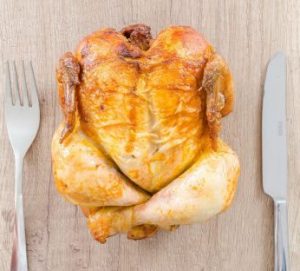
Chicken is available all year round in our country and chicken is a great source of the vitamin B complex. Even chicken has a lot of protein and minerals which are enough to supply the human body with the necessary nutrients.
Cooked or roasted chicken is rich in Vitamin B3 or Niacin, Vitamin B5 or Pantothenic Acid, and Vitamin B6 or Pyridoxine. And we know that these B vitamins are essential for the body’s metabolism process.
Every 4 ounce of chicken contains 72% niacin, 10.6% pantothenic acid, and 32% pyridoxine, which is enough to meet a person’s daily requirement of vitamin B.
Turkey chicken
Chickens are also rich in niacin and pyridoxine. White meat, such as chicken breasts, produces 2 more vitamins than dark meat.
For every 100 grams of ordinary chicken –
Vitamin B3 or Niacin – 69% RDI
Vitamin B6 or pyridoxine – 30% RDI
Vitamin B12 or cobalamin – 6% RDI
Each 100 grams of turkey contains chicken-
Riboflavin or Vitamin B2 – 6% RDI
Niacin or Vitamin B3 – 36% RDI
Pyridoxine or Vitamin B6 – 8% RDI
Cobalamin or Vitamin B12 – 28% RDI
Marine Fish
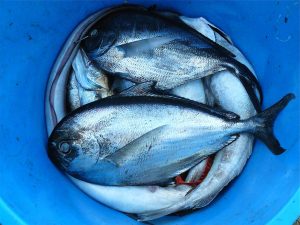 Although fish cannot form vitamin B12 in their bodies, a large source of vitamin B complex is a variety of fish. Fish have the ability to absorb B vitamins caused by a variety of bacteria in their bodies and to retain them in their cells.
Although fish cannot form vitamin B12 in their bodies, a large source of vitamin B complex is a variety of fish. Fish have the ability to absorb B vitamins caused by a variety of bacteria in their bodies and to retain them in their cells.
A variety of marine fish, including sardines, mackerel, shellfish, and salmon, are rich in B vitamins. These fish have a high concentration of nutrients other than vitamin B in their body tissues. A 3-ounce sardine contains 100 percent of the daily requirement of vitamin B12. Salmon contains the most B vitamins.
Contains 3 ounces or 100 grams of cooked salmon
Thiamine (Vitamin B1) – 18% of the reference for daily intake (RDI).
Riboflavin (Vitamin B2) – 29% of the reference for daily intake (RDI).
Niacin (Vitamin B3) – 50% of the reference for daily intake (RDI).
Pantothenic acid (vitamin B5) – 19% of the reference of daily intake (RDI).
Pyridoxine (Vitamin B6) – 48% of the reference for daily intake (RDI).
Cobalamin (Vitamin B12) – 51% of the reference for daily intake (RDI).
In addition, salmon is a low-mercury fish that is rich in omega-3 fats. Even salmon has a lot of protein and selenium.

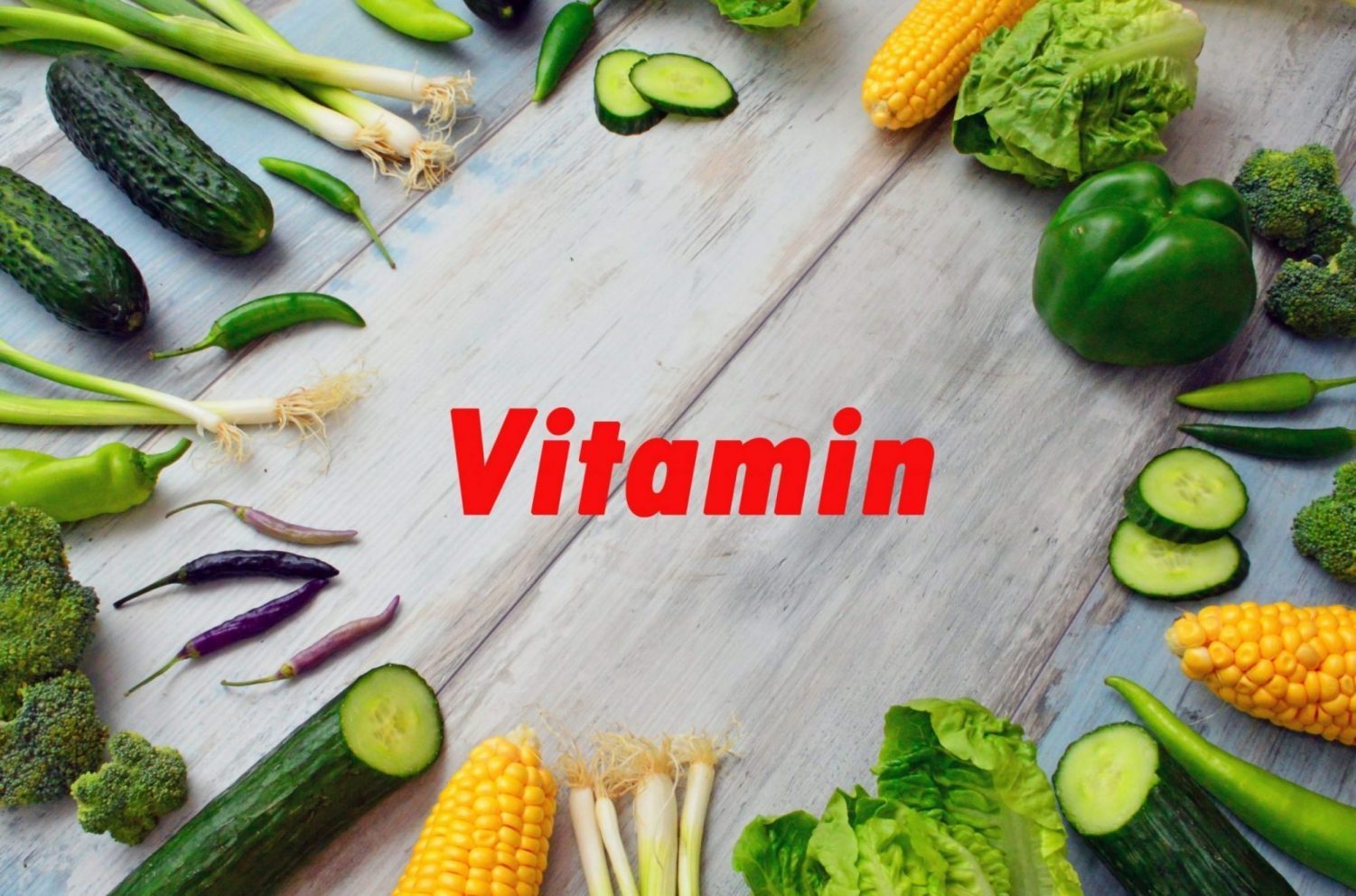
 Vitamin B3 or Niacin – 69% RDI
Vitamin B3 or Niacin – 69% RDI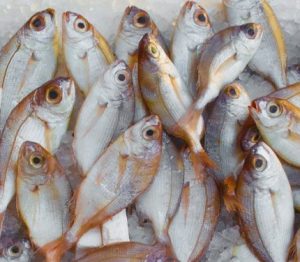 Thiamine (Vitamin B1) – 18% of the reference for daily intake (RDI).
Thiamine (Vitamin B1) – 18% of the reference for daily intake (RDI).
i am so helpfull for your blog. i always follow you blog ..thanks
You are right Abu taki.. I also follow this blog.